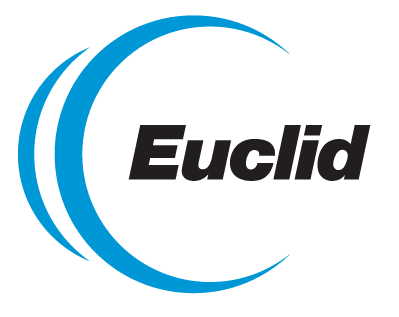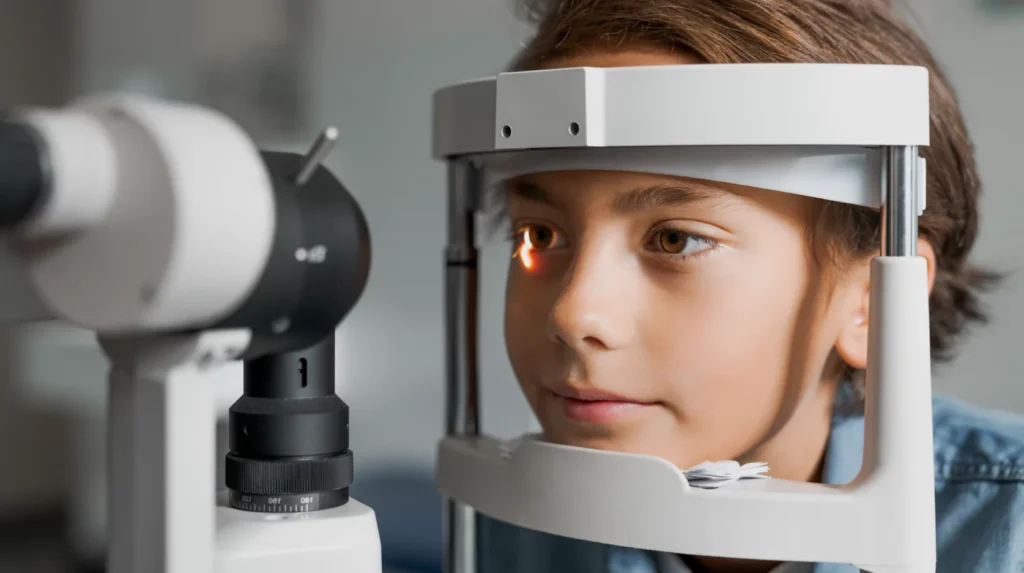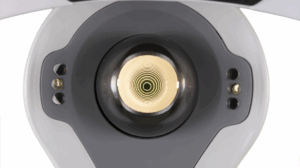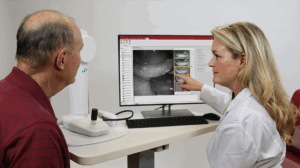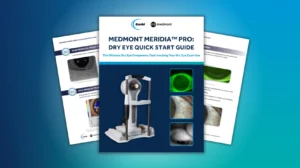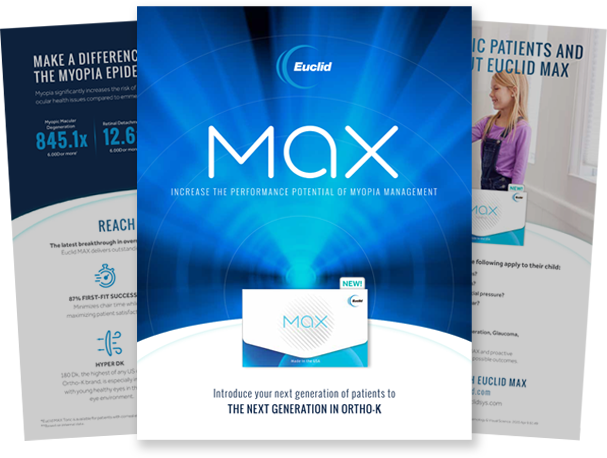Euclid is the most researched Ortho-K lens for myopia1 and referenced in over 100 peer-reviewed studies since 2004.2
STERLING, Virginia, July 20, 2023 – Euclid Vision Corporation (Euclid), a global leader in advanced orthokeratology (Ortho-K) lenses and proactive myopia management initiatives, announced that a recently published peer-reviewed study shows there is more than twice the amount of myopia research using Euclid Ortho-K lenses in comparison to any other comparable lenses, making Euclid the most widely studied Ortho-K lens globally.1 “The study also provides substantial statistical support illustrating that the design of Euclid Ortho-K lenses is effective in slowing axial elongation,” said the study’s lead author, Mark A. Bullimore, MCOptom, PhD, FAAO, adjunct professor with the University of Houston College of Optometry. “The efficacy of Euclid lenses follows a similar trajectory to other randomized clinical trials, and in some cases, is greater than other major large studies in myopia management.”
The Study
The study, “Efficacy of the Euclid Orthokeratology Lens in Slowing Axial Elongation,” published in Contact Lens and Anterior Eye, reviewed 140 published papers that included research on axial elongation. Of those, 49 reported data on the Euclid Ortho-K lens design. “This extensive body of literature on a single device for myopia management is unique,” said Dr. Bullimore.

What It Means and Why It’s Important
Myopia is caused by the eye growing faster than intended. The technical term for this is excessive axial elongation. Myopia is the leading cause of visual impairment in children worldwide and its incidence and prevalence are on the rise. Myopia increases the risk of potentially sight-threatening conditions later in life. The aim of Ortho-K lenses is to slow eye growth—or axial elongation—thereby managing the myopia and lowering the risk for eye problems in adulthood.
Global Presence
“The first Euclid orthokeratology lens was approved by the FDA 20 years ago. Given the long history of its use for slowing axial elongation, we saw this milestone year as an excellent time to collate and discuss the evidence of its efficacy,” said Dr. Bullimore. “While comprehensive data on other lens designs are difficult to obtain, Euclid lenses are among the most widely researched orthokeratology lenses and this makes for a rich data set,” he explained.
Maria Liu, OD, PhD will discuss the highlights of the paper at the upcoming Vision by Design conference on September 6-9, 2023. “Euclid Ortho-K lenses are used extensively by clinicians for myopia management in children. This widespread use and the associated body of published literature highlights the critical role that Euclid lenses play in myopia,” said Dr. Liu. The study’s co-author, she is an associate professor at the Herbert Wertheim School of Optometry & Vision Science, University of California Berkeley. She is also the founder of the Myopia Control Clinic, UC Berkeley Eye Center.
1. Bullimore MA, Liu M. Efficacy of the Euclid orthokeratology lens in slowing axial elongation. Contact Lens and Anterior Eye. 2023;0(0). doi:10.1016/j.clae.2023.101875
2. Data on file.
For more information, contact Euclid at info@euclidvision.com or visit us at the Vision by Design conference.
